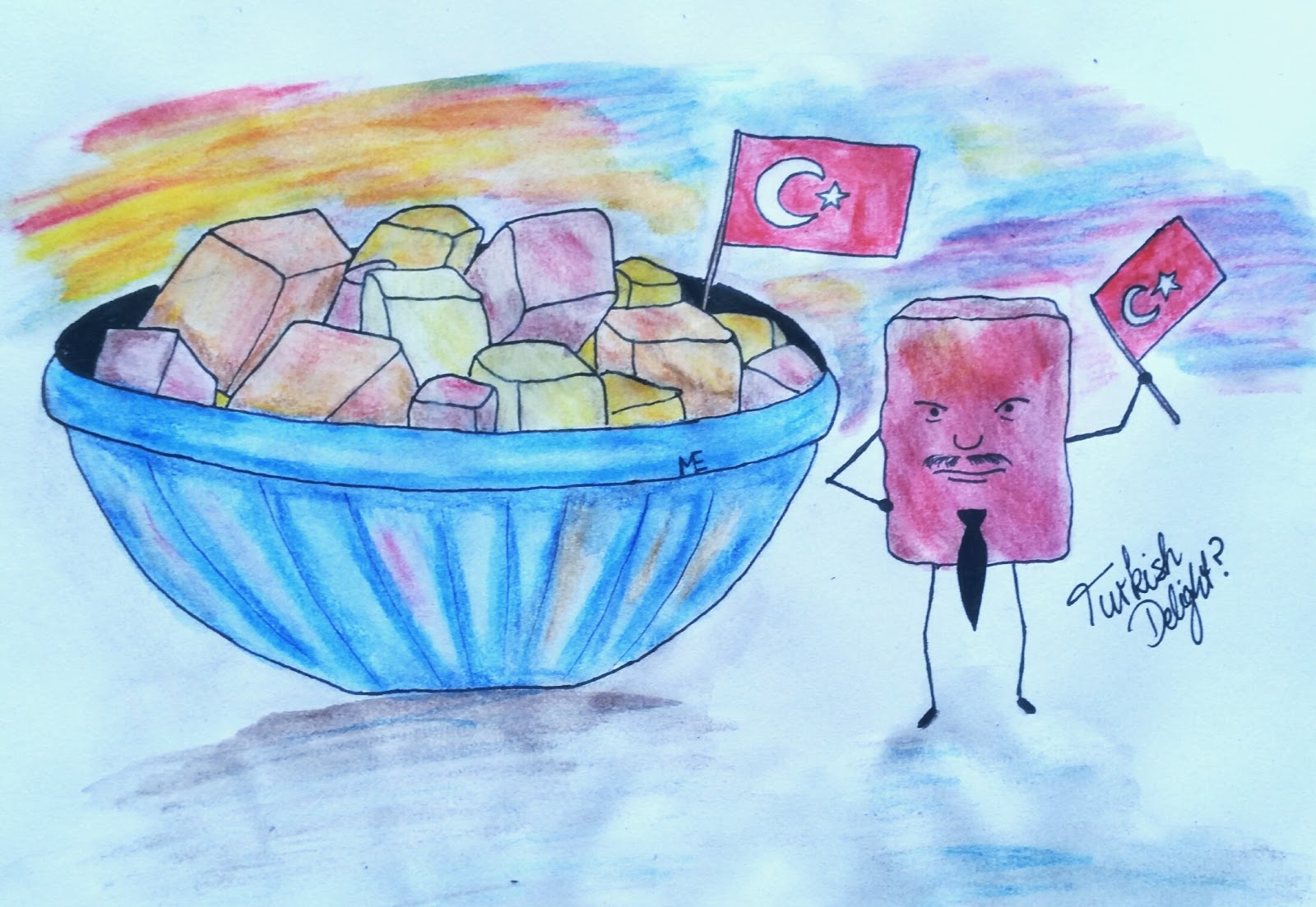Denn Döner Macht Schöner
Turkey is known for many things, up and foremost for its food: Burek, Baklava, Kötbullar (yes, you read correctly, basically your whole life has been a lie) and, of course, the highlight of German-Turkish relations, the most fantastic … DÖNER.
Döner can be eaten the traditional way (professionals can eat it whilst walking or running to work), or in one of its chicken, vegetarian or vegan variations. It is one of the best foods to eat when going to Germany, and then, when travelling onwards to other countries, it will be the most disappointing experience of your whole trip.
In other words, Döner is great, and Döner is exciting.
Foreign Policy on the other hand is something many people often don’t really think about. It is complex, complicated and often gloomy and discouraging. However, it is also something very important and a topic we do not think enough about.
So, by analysing foreign policy through the theoretical framework of Döner, I hope to make foreign policy a bit more accessible.
Turkish-German relations
German-Turkish relations date back a long time. Today, this relationship is manifested in the epitome of awesomeness – the Döner. If you have ever been to Berlin, the capital city of the Döner Empire, you will most likely remember a harmonious setting. People from all cultural backgrounds sitting and standing in or around their favourite Döner joint, sharing the experience of this meal together. Whilst you may remember this multicultural setting as being very peaceful, behind closed doors, as always when you have two different and strong personalities coming together, conflict is unavoidable.
Turkish Delights? No thank you.

Germany currently holds the largest diaspora of Turkish citizens in the world, but the immigration process, even after all these years, is as poisoning as a Döner, which has been lying in the sun for 7 days. From the Turkish side, government actions from Erdogan have put a huge strain on the relationship of the political leaders, which of course, affects the civilian population as well. And there are problems lurking everywhere.
For instance, the comedian Jan Böhmerman, became a huge threat to relations on an international level., solely by publishing a poem. Moreover, there are other issues, such as the EU-Turkey immigration deal, which only contribute to making things less than perfect. And finally, there is the problem, that the Döner is not the only thing that is crossing Turkey’s borders and coming to the land of Lederhosen and Dirndl. Erdogan himself seems to try and imitate the ways of the Döner, only that this Turkish delight is not particularly welcome on the GDR’s territory. This became particularly evident during 2008, 2011, 2014 and recently in 2017, when Erdogan tried to secure his presidence through rallies for the 1,5 million Turks living in Germany who are eligible to vote. The German government and population did not like the idea of Erdogan’s visit, due to German reporters being detained in Turkey, as well as the precarious human rights situation in the homeland of the Kebab.
Since the Döner showcases, that the merging of these two cultures is possible, it seems that this simple dish should function as a role model for these two countries.
Bringing the heat – Must Germany return to the Currywurst?
However, Turkey is not the only cook who is spoiling this Turkish-German recipe. Germany, instead of quietly eating a Döner and being happy, has added to the heat, by acting like this horrible drunk person in your favourite Döner store who suddenly starts throwing food around and insulting the owners.
The bad taste of Islamophobia has taken control of the mouths off many Germans, and has spread political right-wing food poisoning all over the country. Threats towards the Turkish communities have become more and more prominent and thereby effectively undermine any positive progress made in immigration processes. In addition, Mosques and the holy sights of Döner stores have more frequently become targets of attacks and so called ‘Döner murders’.
Sadly, many see Turkish culture, language, food, anything as a threat to “the good culture and traditions of Germany”, with one exception: football heroes such as Khedira.
Instead of embracing the multicultural setting, Germans fear the impact of of Turkish immigrants. Moreover, the current political climate and myopic views on Turkish immigration, which often just get equated with ‘something Islamic’ leads to sabotaging the everyday lives of millions of Turkish people who contribute to what is German society. Yes, immigration does have an impact on the country and brings a number of challenges to the eating table (which can be overcome), but does Germany really have so much to fear?
When I compare the deliciousness of Döner, to ‘good, traditional German currywurst’, the horrible mess of sausage, if you can even call it that, smothered in disgusting, luke warm chilli sauce, it is very clear: Germany can and should learn a lot from their Turkish partners, fast.
By Julia Glatthaar
Pictures:
Image 1 by Nicolas Nova, Döner Kebab, (CC BY 2.0)
Image 2- by Merle Emrich, Turkish Delight, All Rights Reserved










